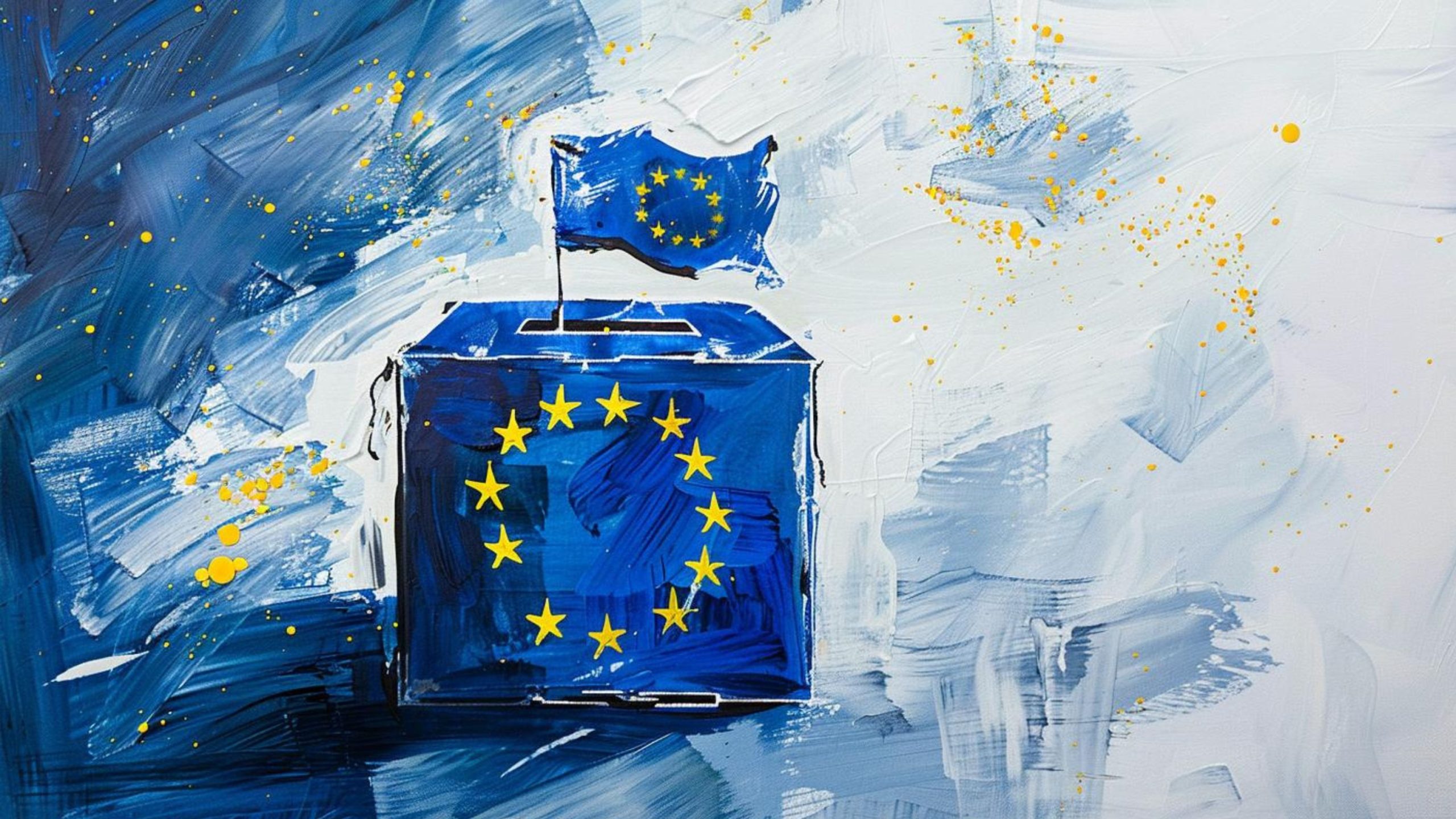The EU is about to start punishing large online platforms for not tackling “election disinformation” to the bloc’s satisfaction.
In order to make good on the threat, the EU is putting to use its censorship law – the Digital Services Act (DSA).
Commissioner for Internal Market Thierry Breton is quoted as saying that platforms like X, TikTok, Snapchat, YouTube and Facebook, but also search engines, must operate according to the guidelines that are currently being drafted.
Reports say that companies behind these platforms and services could be forced to pay fines of up to 6 percent of their global revenue unless they fight “disinformation” related to elections.
This figure specifically concerns whatever is designated as AI or deepfakes-based “disinformation.”
Tech companies are expected to “take measures and mitigate risks,” Breton, who is DSA’s “enforcer,” said. The Brussels bureaucrats speak about this as moderation, rather than censorship, and have decided to consider this year as “pivotal” when it comes to elections.
And the EU is in a hurry to start mandating the rules – reports say this could happen in the next few weeks. It will be possible to enforce the guidelines thanks to their inclusion in the DSA, and they will come into force as soon as they are adopted.
Heaping further pressure on tech companies to censor, and regulating them in this way, is explained as necessary to prevent things like turnout suppression, fake news, and, of course – and in particular, according to EU leaders – Russia’s “malign influence” ahead of elections in the bloc this year.
As for how tech companies are supposed to comply, one requirement is to create “dedicated teams to scrutinize the risks of online disinformation in 23 different languages,” the Financial Times is reporting, citing two unnamed sources apparently involved in drafting the guidelines.
Another anonymous EU official is cited as saying that platforms “need to show” they respect the new regulation – or “explain” that they are taking other actions to “mitigate risks.”
And if neither happens, the EU will get to punishing them with fines.
Another thing these firms will have to “show” is that they are closely cooperating with “cyber security agents” in all of the EU’s 27 member-countries.





















